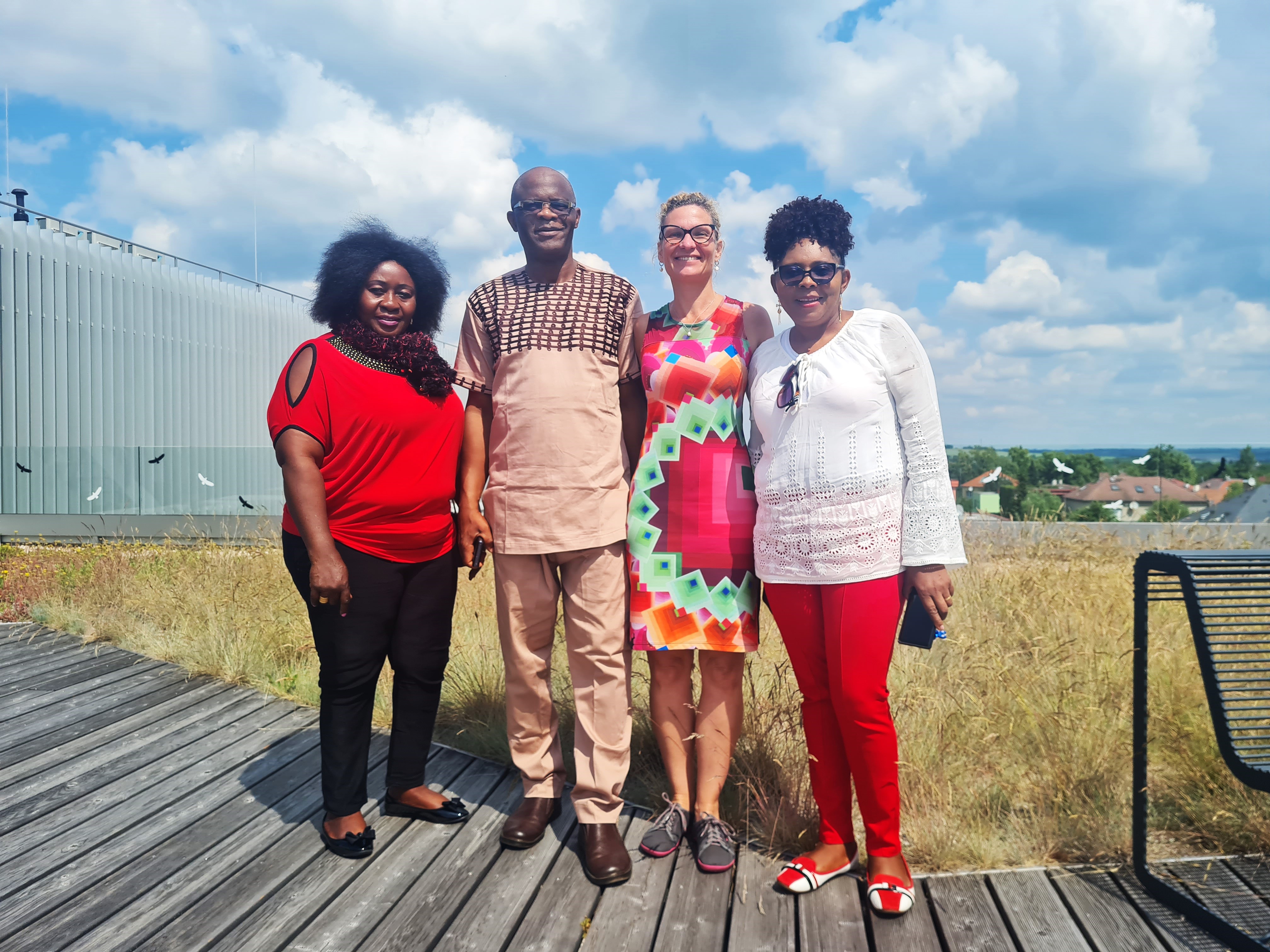Are you interested in advances in renewable energy research or sustainable energy sources in sub-Saharan Africa? We would like to invite you to special lectures given by Professor Julius Kewir Tangka and Doctor Viyoi Catherine Tidze. The lectures will take place on Tuesday, June 20 at 13:00 in room 401, Faculty of Tropical AgriSciences.
You can also watch the lectures online via this link.
Advances in renewable energy research at the Renewable Energy Laboratory, University of Dschang in Cameroon (Prof. Julius Kewir Tangka)
Cameroon has a huge potential to produce electricity from sustainable sources, however, this potential is not fully exploited. Therefore, Renewable Energy Laboratory was founded in 1997 to provide sustainable local solutions in developing countries in general and Cameroon in particular. Since its creation, the laboratory has successfully developed and placed in the Cameroonian market a series of prototypes ranging from crop processing machines to renewable energy systems such as portable biogas digesters, solar cooking units, energy efficient cook stoves or gasification plants.
Professor Julius Kewir Tangka holds a PhD in Power and Machinery from the University of Ibadan in Nigeria, a diploma in Energy Management and Cleaner Productions in SMIs from the Maastricht School of Management in the Netherlands, a diploma in Advanced Agro Technologies from the Ben Gurion University of the Negev in Israel, and a diploma in solar Energy Applications from the UNIDO international Centre for solar Energy Research Gansu, China.
Adaptability of energy efficient stoves in developing countries: challenges and future prospects (Dr. Viyoi Catherine Tidze)
Recent literature holds that more than three billion people in developing countries depend on traditional fuels such as firewood, charcoal and dung for cooking, heating and drying. This has a significant negative impact on health, especially in sub-Saharan Africa. The burning of these types of fuels can also be linked to severe environmental impacts, such as deforestation and the emission of pollutants. In order to reduce these environmental and health risks, energy efficient stoves have been developed. But despite their advantages, adoption remains a major challenge.
Viyoi epse Kewir Catherine Tidze holds a PhD, MSc in Integrated Rural Development and Agricultural Extension from University of Dschang, and MSc in Desert Studies from Ben Gurion University of the Negev, Israel. Lecturer and Administrator at the University of Dschang. Interested in women’s role in disseminating renewable energy technologies.
Nutritional value and toxicity assessment of defatted oil seed cakes: potential substrates for biofuel production (Dr. Esther Etengeneng Agbor)
PhD holder in Biochemistry (Nutritional Biochemist), Lecturer and researcher at the Department of Biochemistry, University of Dschang,Cameroon.
Biofuels (bioethanol, biodiesel and biogas) could be produced from edible and non-edible oil seed. Mechanical pressing of the seeds gives oil and pressed or defatted cake. The oil could be transformed into biodiesel while the defatted cake used for the production of biogas. Some researchers have indicated that biofuel production could lead to food insecurity. It is in this light that our research team evaluated the nutritional value and the toxicity of defatted cakes from edible and non-edible (wildly growing) oil seeds found in Dschang. Proximate composition results indicated that removal of oil from the seeds increased the crude protein and ash contents. Also, the protein bioavailability of the defatted cakes increased in young wistar. We therefore conclude that biodiesel production from edible oil seeds have positive impact on food security and consumers of these oil seed should be educated on the appropriate processing methods to safeguard the nutrients in the pressed cakes.


